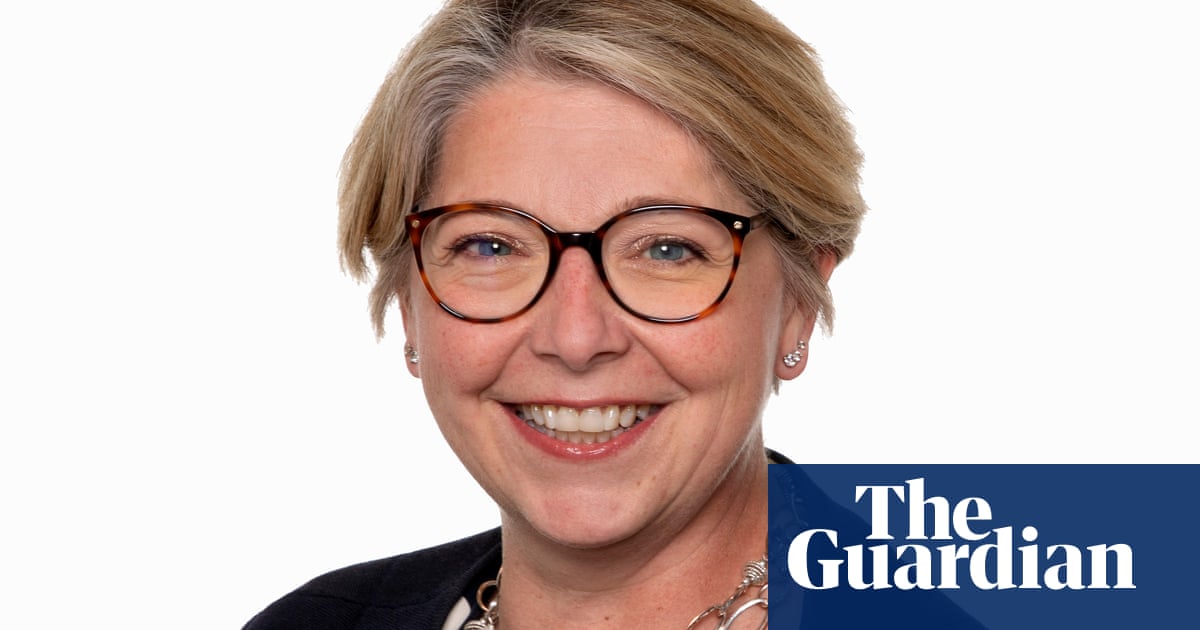
The Bank of England is on course to have the largest ever number of women on its interest rates setting committee after Jeremy Hunt said the Bank of England insider Sarah Breeden would become the deputy governor for financial stability at the central bank in November.
Breeden will take up positions on the rate-setting monetary policy committee (MPC) and financial policy committee, which she will chair in the absence of the Bank’s governor, Andrew Bailey.
She will be the first internal appointment of a woman as deputy governor since Charlotte Hogg assumed the role in 2017, only to resign two weeks into the role. Hogg left when MPs concluded she was not up to the role after she failed to disclose that her brother works for Barclays, which is regulated by the Bank of England.
Taking over from Sir Jon Cunliffe, who retires after a career in Whitehall and the Bank, Breeden has worked her way up through the organisation’s byzantine management structures over the last 30 years, starting in 1991 as assistant private secretary to the governor.
In her role, she will be in charge of the Bank’s cryptocurrency policy and broader concerns about the stability of the banking and financial sector, working with the head of the Prudential Regulation Authority, Sam Woods, another Threadneedle Street staffer.
Breeden created and co-chaired the Bank’s women’s network for eight years and is an executive sponsor of the Bank’s LGBTQ+ network.
The Cambridge University graduate will join three other women on the nine-member MPC – Swati Dhingra, Catherine Mann and Megan Greene – though they are all outside appointments from academia or jobs in the City.
Not since the monetary policy committee’s creation in 1997, following the move to make the Bank of England independent from the Treasury, have there been as many as four women deciding UK interest rate policy.
Bailey said: “Sarah will bring a wealth of financial and economic policy knowledge to the role, both domestically and internationally.”










